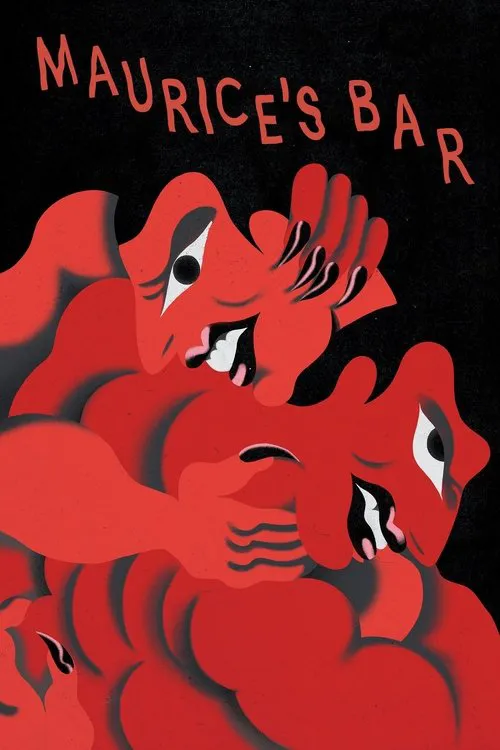Maurice's Bar

Plot
The film Maurice's Bar is an enchanting and poignant exploration of the intersection of identity, belonging, and resilience, set against the lush and vibrant backdrop of 1940s Paris. The story follows a former drag queen, played by a captivating actress, as she embarks on a journey by train, a metaphor for the passage of time and the fluidity of human experience. Through a series of fragmented recollections, the protagonist, whose name remains shrouded in mystery, begins to recount a pivotal night from her past, one that takes place in Maurice's Bar, a storied establishment that served as a sanctuary for the city's LGBTQ+ community in the midst of war-torn Europe. The setting is steeped in history, with the sounds of resistance and revolution swirling through the streets outside its doors. As the protagonist's reminiscences unfold, the narrative is interwoven with snippets of gossip and anecdotes from the bar's patrons, a rich tapestry of characters that adds depth and nuance to the story. These fragments, passed down through the years, paint a picture of Maurice, the enigmatic owner of the bar, a Jewish-Algerian maverick with a keen sense of style and a deep understanding of the needs of those who sought refuge within his walls. Maurice's Bar has become a mythical space, a haven that transcends the confines of space and time. To its patrons, it represents a place of freedom, acceptance, and community, a sense of belonging that is both hard-won and fiercely defended. As the protagonist's memories deepen, we glimpse the lives of those who passed through Maurice's doors, from the struggling artists to the courageous resistance fighters, all connected by their shared experiences and their desire for connection. The film is a testament to the enduring power of community and the resilience of those who have faced injustice and persecution. Despite the oppressive forces that sought to silence and erase them, the community that gathered at Maurice's Bar found strength in their shared identity and their unwavering commitment to one another. Through its lush cinematography and poetic storytelling, Maurice's Bar brings to life the world of 1940s Paris, a city of breathtaking beauty and heartbreaking struggle. As the protagonist's memories reach a crescendo, we are drawn into the swirling vortex of sound and color that defined the city during its most tumultuous era, the era of World War II and the Nazi occupation. Yet, the film is more than a nostalgic tribute to a bygone era; it is a powerful examination of the complexities of identity, and the ways in which we define ourselves in relation to others. The protagonist, a woman who has lived her life in the shadows, is on a journey of self-discovery, one that takes her back to the place where she found her true self. As she recalls the night in Maurice's Bar, we see the fragments of her identity coalesce, the pieces fall into place, and her spirit is reborn. The film's climax is both haunting and beautiful, as the protagonist's memories reach a poignant conclusion. We watch, transfixed, as the scenes of Maurice's Bar unfold, a tapestry of colors, sounds, and emotions that envelops the audience, transporting us to a world both familiar and yet, utterly alien. In the end, Maurice's Bar is more than a place; it is a state of mind, a refuge from the world's cruelties and a testament to the strength and beauty of those who find solace within its walls.
Reviews
Recommendations




